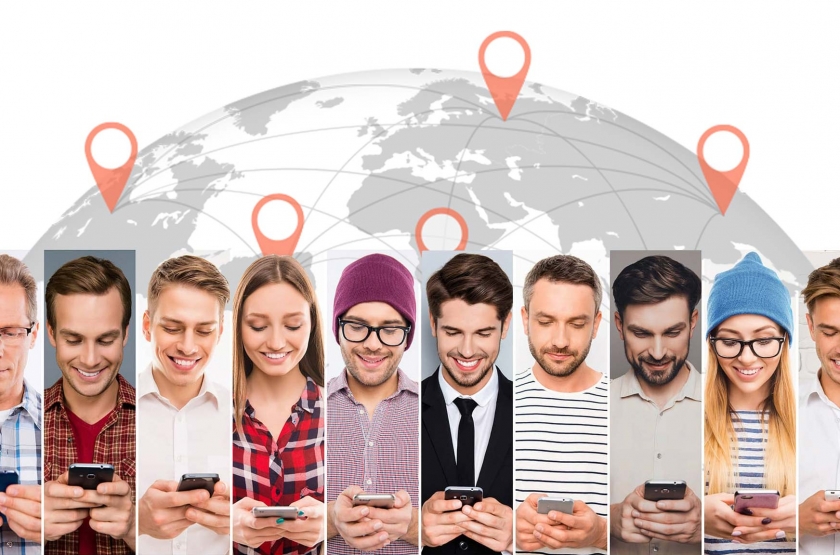Translation services contributes to the sharing economy
- Robert Ritacca
- January 11, 2016
- 7,890 views

The sharing economy represents more than just sharing a good or a service between two people; it is an example of how technology is allowing markets to efficiently engage in transactions. What started in 2008 with simple peer-to-peer driving and apartment sharing alternatives (to taxis and hotels), is now expanding to include social networks, professional networks, food delivery, gaming, and now language translation services, matching demanders of services and goods to those that supply services and goods.
These systems are disrupting the common way of doing business, and this disruption is granting greater business opportunity and expanded choice to the global market. AirBnB was one of the first movers in this movement; with a few clicks of a button, a demander of a good (someone needing an apartment) is matched with a supplier of the same good (apartment owner) to create a situation where both benefit. These suppliers and demanders would otherwise never have met and never have engaged in a ‘trade’ for goods or service if not for the advances of technology.
Translation technology is now moving toward this efficient frontier. CSOFT’s mobile application ‘Stepes’ is a P2P translation application that similarly pairs a supplier of a service (a translator) to a demander of a service (business or person needing text translated). Similar to AirBnB and Uber, Stepes creates a market that otherwise would not exist whereby two parties gain value through one transaction. Stepes actually goes one step further: unlike AirBnB and Uber, which matches the supplier and demander together in a targeted city or location, Stepes matches demanders to suppliers from anywhere in the world.
By using Stepes and other disruptive technologies, people now have access to more cost effective methods of consumption – and also more methods to earn and spend money than ever before. As the global economy continues to be pulled closer together by P2P and O2O solutions, expect more ways to find goods/services, gain information, make transactions, and employ diversified workforces. The world economy will soon see the vast benefits from these tech creations, and applications like Uber, AirBnB, and Stepes will continue to pave the way for a more efficient global consumer market.











